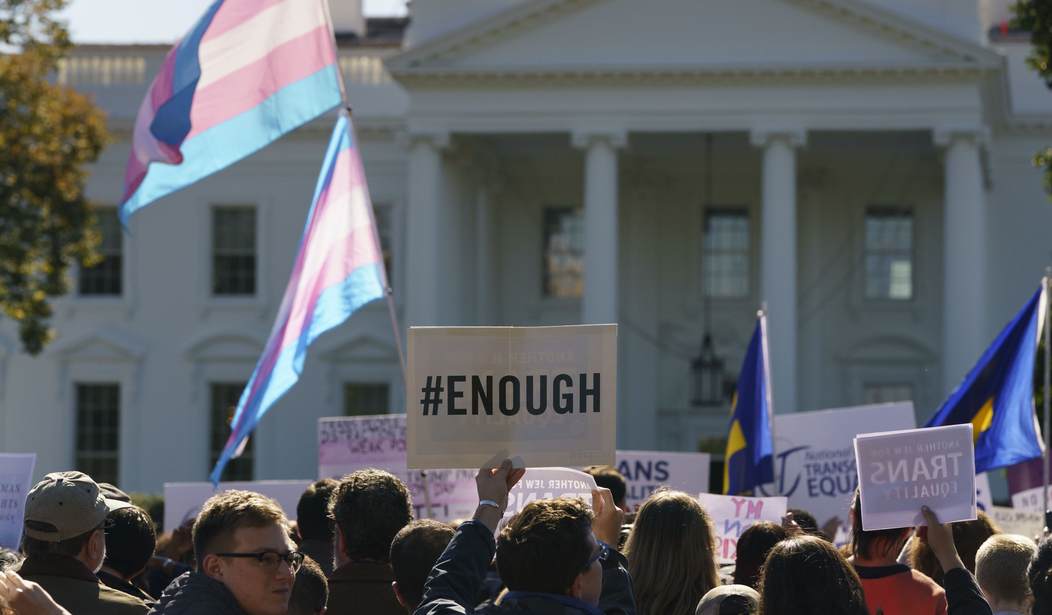On Monday, a split United States Supreme Court decision cleared the way for Idaho to enforce a new law barring transgender medical procedures for minors. This ruling overturned two lower federal courts' decisions to uphold an injunction against the law amid continuing litigation over its constitutionality.
The decision was supported by the six conservative justices on the court, while the three liberal justices said that they would have kept enforcement of the law on pause.
The court granted a request from Idaho's Republican Attorney General, Raúl Labrador, to limit a preliminary injunction issued by U.S. District Judge Lynn Winmill. Judge Winmill had previously ruled that the law violated the 14th Amendment of the U.S. Constitution, which guarantees due process and equal protection under the law. The high court's decision came as the state continues to appeal the ruling.
Justice Neil Gorsuch, in a concurring statement, noted that while injunctions typically offer interim relief, the district court's injunction in this case was overly broad, preventing the state from enforcing any part of its law.
Justice Gorsuch wrote,
Ordinarily, injunctions like these may go no further than necessary to provide interim relief to the parties. In this case, however, the district court went much further, prohibiting a state from enforcing any aspect of its duly enacted law against anyone.
The Supreme Court's order permits the state to implement the ban on gender-affirming care for everyone except the individuals who brought the legal challenge against it, allowing the families challenging the law to continue their transgender protocols during the legal process, including puberty blockers and estrogen.
The lawsuit was filed by two biologically male transgender teens, aged 15 and 16, along with their parents, who are represented by the ACLU. In response, Judge Winmill halted the implementation of Idaho's Vulnerable Child Protection Act, granting an injunction just days before the law was scheduled to go into effect on January 1st.
In her dissent, Justice Ketanji Brown Jackson argued against the court's intervention into an intervention, suggesting that it was premature and disrupted the ongoing legal process.
Justice Jackson wrote,
In my view, we should resist being conscripted into service when our involvement amounts to micromanaging the lower courts' exercise of their discretionary authority in the midst of active litigation.
The ruling was met with criticism from the ACLU, who called it "an awful result for transgender youth." In a joint statement, the American Civil Liberties Union and the ACLU of Idaho wrote,
While the court's ruling today importantly does not touch upon the constitutionality of this law, it is nonetheless an awful result for transgender youth and their families across the state. Today's ruling allows the state to shut down the care that thousands of families rely on while sowing further confusion and disruption. Nonetheless, today's result only leaves us all the more determined to defeat this law in the courts entirely, making Idaho a safer state to raise every family.
Following the decision by the 9th U.S. Circuit Court of Appeals in San Francisco to uphold the injunction, A.G. Labrador, supported by the conservative legal group Alliance Defending Freedom, sought the intervention of the Supreme Court. In a court filing, Labrador referred to the plaintiffs as "adolescent boys experiencing gender dysphoria," writing,
Every day Idaho's law remains enjoined exposes vulnerable children to risky and dangerous medical procedures and infringes Idaho's sovereign power to enforce its democratically enacted law.
Idaho's Attorney General reacted to the SCOUTS ruling on X, formerly Twitter, writing,
BREAKING: The US Supreme Court just ruled to allow Idaho to enforce the Vulnerable Child Protection Act, a law that protects children from harmful and experimental drugs and procedure, while the case proceeds at the Ninth Circuit.
This is a BIG win to protect vulnerable kids!
Under Idaho's law, medical providers can face up to 10 years in prison for providing gender-transitioning treatments such as puberty blockers, hormones, and mastectomies that are "inconsistent with the child's biological sex."
Read More:
Idaho Sets Sights on Restricting Public Funding for Gender-Affirming Care Amid National Debate
Supreme Court Blocks Idaho's Lower Court Ruling on Abortion Restriction, Even in Emergencies














Join the conversation as a VIP Member